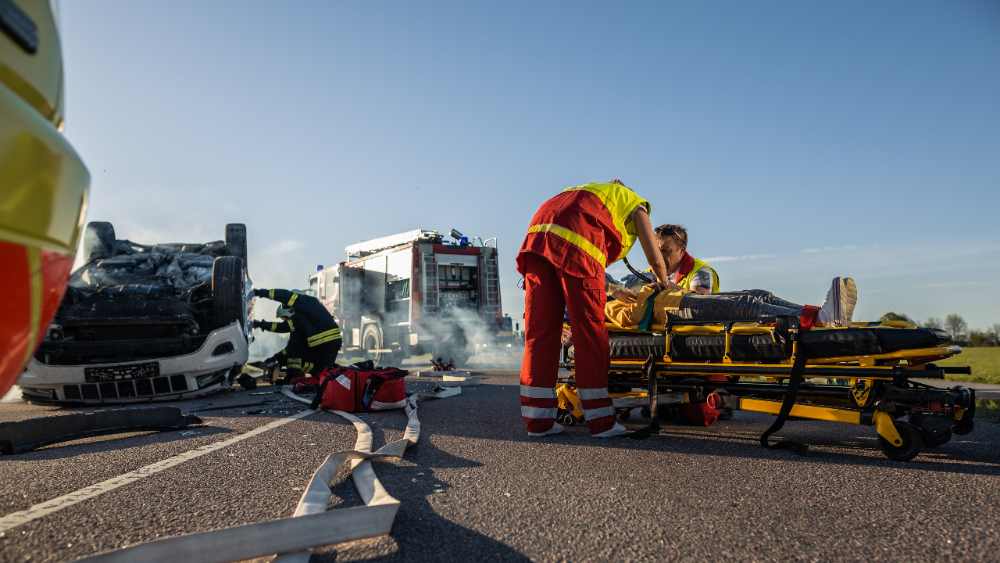
Catastrophic injuries can irrevocably alter lives, causing profound emotional and mental distress in addition to their physical consequences.
At the Law Office of Pamela C. Bratcher, we recognize the devastating impact these injuries can have on individuals and their families.
With over three decades of legal experience, Pamela C. Bratcher and her team are dedicated to securing the justice and compensation you deserve.
This guide will explore catastrophic injuries and learn how our firm can support you as you recover.
Catastrophic Injury Definition
What is considered a catastrophic injury? If you are a victim, such an injury is typically characterized by its severe, long-term effects on your life. Typically, catastrophic injuries profoundly impact victims’ lives—often leading to significant medical expenses, long-term rehabilitation costs, and a need for assistive devices or home modifications.
Additionally, the emotional toll on both you and your loved ones can be immense, often requiring psychological support and counseling. Financially, these injuries can lead to current and future income loss and may necessitate long-term care, further straining family resources.
What is considered a serious injury? Below, we delve into serious and catastrophic injury examples and their implications.
Traumatic Brain Injuries (TBI)
Traumatic brain injuries are one of the most severe forms of serious or catastrophic injuries. TBIs result from a violent blow or jolt to the head or when an object penetrates the brain tissue. These injuries can lead to long-term cognitive impairments, personality changes, and physical disabilities.
TBIs can range from serious injuries, like concussions—to catastrophic injuries, such as permanent brain damage. The effects depend on the injury’s location and severity, potentially resulting in memory loss, difficulty in speaking, and impaired motor skills.
Spinal Cord Injuries
Spinal cord injuries (SCI) result from damage to the spinal cord that leads to partial or complete paralysis. The severity of SCI depends on the injury’s location on the spine and the extent of the damage. SCIs can significantly affect your quality of life and can require long-term care and rehabilitation. Treatment often involves physical therapy, surgery, and assistive devices.
Amputations
Amputation involves the loss of a limb, which is often a life-altering event that significantly impacts your ability to perform daily activities and maintain employment. Amputations can result from traumatic injuries, such as those sustained in accidents or from medical conditions. Recovery involves physical therapy and adaptation to prosthetic limbs.
Severe Burn Injuries
Severe burn injuries, particularly those that cover large areas of the body or penetrate deep into tissues, are considered catastrophic due to their extensive impact on the body. Burn injuries are classified into degrees, with third-degree burns being the most severe, affecting all layers of the skin and potentially underlying tissues. Treatment may involve surgeries, skin grafts, and long-term rehabilitation.
Organ Damage or Failure
Organ damage or failure refers to severe injuries that affect vital internal organs such as the heart, lungs, liver, or kidneys. These injuries often result from traumatic events like car accidents or falls. Depending on the organ affected, symptoms and treatments vary widely. Recovery can involve surgery and prolonged medical care.
How Pamela C. Bratcher Can Help
It’s essential to seek legal guidance for catastrophic injury cases. At the Law Office of Pamela C. Bratcher, we are committed to providing the compassionate support and skilled legal representation you need during this difficult time. Contact us today for a free consultation, and let us help you take the first step toward recovery and justice.